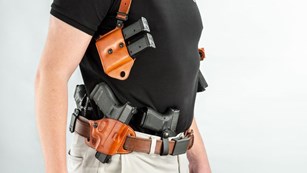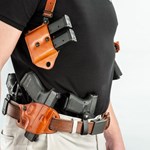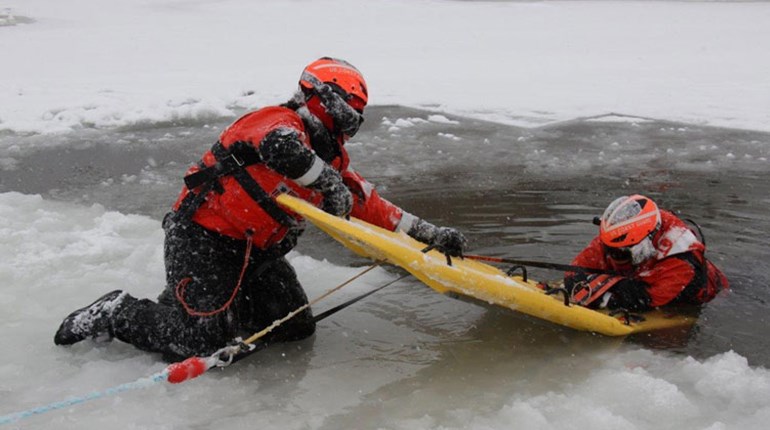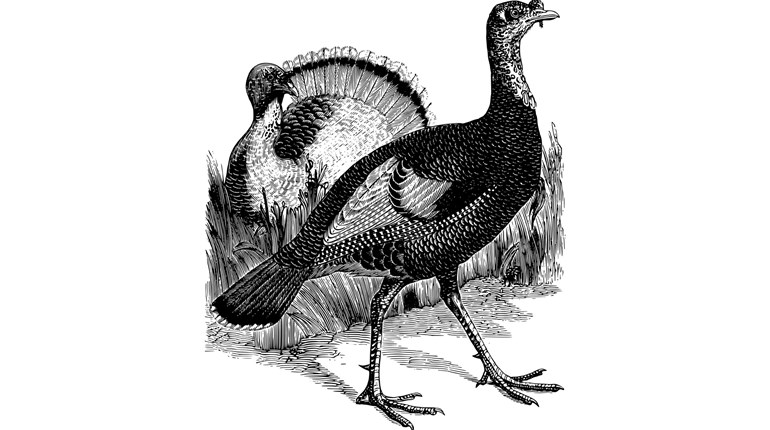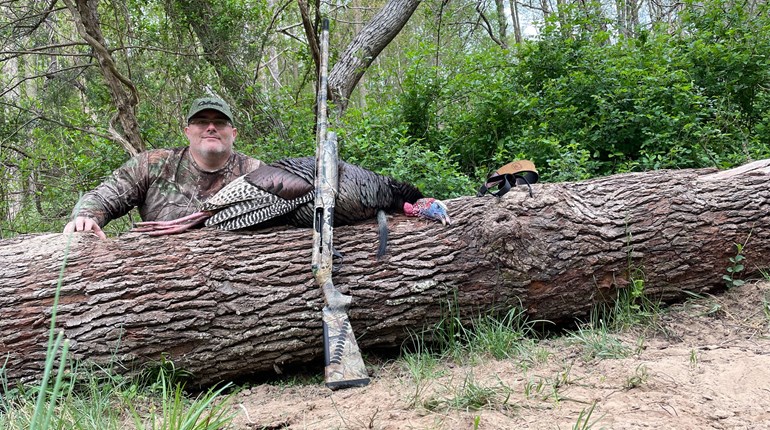
Unspoiled and remote regions speak to outdoors people, beckoning us back time and again, filling each visit with a word-defying magic that transcends language and explanation. Hiking and camping in remote areas carries risks, though, and should an accident occur, it could be hours—even days—before help arrives. So when should you summon it?
Bogus Calls
Unfortunately, some have lost sight of the system’s purpose entirely. Those legendary stories of fast-food patrons calling 911 because they were shortchanged on their order or people summoning the police because they were locked in their own vehicle are sadly true. Until emergency operators shake complainers off the line, they’re not listening to real victims and figuring out the proper response. Many of those conversations—regardless how superfluous—also result in first responders being dispatched when they could be sorely needed elsewhere.
Limited Manpower/Resources
False alarms are of particular concern for search and rescue, where manpower, hardware and expertise is either critically short or virtually non-existent. Flight time is expensive—if a helicopter is even available—and dispatching the limited number of officers and volunteers to one site always carries the risk of deadly delays should another call come in. When I was part of the team in Southern Arizona, we expected multiple callouts were expected on Memorial Day weekend. All three people who fell off cliffs in different areas of Pima County within hours of each other lived, but after racing from scene to scene with the stomach flu that day (because we were so short on manpower), I thought I was going to die.
I’ve been told things have slowed from the more than 100 missions a year, thanks to cell phones, better coverage and more helicopters, but the concern is still the same. With very few—if any—rangers or officers dedicated to search and rescue, false calls to 911 can be catastrophic for legitimate victims of outdoor mishaps.
Satellite Making it Worse?
Satellite-enabled communication for outdoorsmen has become reality, and it’s not limited to expensive phones. When activated, Personal Locator Beacons transmit an emergency signal along with your ID number to a satellite. It’s then relayed to the Air Force Rescue Coordination Center, and regional responders are contacted and provided with precise GPS coordinates. The units are small, relatively inexpensive...and, unfortunately, U.S. officials estimate 80 percent of the distress signals they generate are false. You might consider stepping up to a Satellite Emergency Notification Device and you can call for help and send text messages to family and friends—with an annual subscription. Basic units can only transmit, although versions capable of two-way messaging continue to drop in price.
Unfortunately, as space-age technology entered the outdoors it brought with it 911 abuse. Backpackers in the Grand Canyon used one of the systems three times in two days because their water was salty. Another hiker reported a companion’s snoring, and in Australia, which has the highest number of emergency satellite beacon owners per capita, less than 10 percent of the space-age calls for help are legitimate emergencies.
Bear in mind, too, most of these units simply send a message and have no ability to receive, which means each signal requires dispatching some sort of response team. Most of the nearly $5 million the National Park Service spends on search and rescue annually isn’t on satellite-initiated calls, but that could change as more people discover the lightweight panic buttons.
Life-Threatening Pranks
The U.S. Coast Guard saves hundreds of lives a year, and is recognized as the world’s foremost search and rescue authority. Even it, though, falls victim to fake calls. In the past two years one perpetrator has radioed for help nearly 30 times, and the reckless disregard for life has cost an estimated $1/2 million in operating budget. Flagrant and chronic abusers of the 911 system face jail time and fines. Even far at sea there are serious legal consequences.
The stupidity, false calls and potential consequences could lead you to think twice before dialing 911. Don’t let it. Emergency responders are ready to help those in need, and search and rescue volunteers are dedicated to what they do, and have an undying passion for aiding those in the outdoors.
If You Need Help, Call
If you feel your life or that of someone else is in danger, call for help—immediately. When using a cell phone, dial 911, stay on the line, answer every question accurately, and allow the professionals on the other end to squeeze every drop of information required to generate the proper response. The ability to determine the gravity of your situation is a great aid for authorities, and in most cases, minimizes the chances of your call becoming yet another urban legend. If you’re in a dire situation that isn’t quite an emergency, they’ll understand, and more than likely send help or someone to check on the situation. The less-expensive satellite systems don’t have the luxury of two-way conversations, so before hitting the button ensure help is needed.
Emergencies Are Never Equal
What constitutes an emergency varies by outdoorsman, geography, weather and incident. A hiker who’s hurt his knee 2 miles from the trailhead isn’t about to die, but if nightfall is setting in, supplies are low, and he or she doubles over in pain with every step, it’s time to call.
If a 14-year-old is an hour late getting back to camp, it’s very different from a 4-year-old who wandered off a few hours ago. The initial call might not summon a full response right away, but the hasty team will try to establish a perimeter, identify the point last seen, direction of travel, isolate tracks and do a quick search before a full response arrives. That early effort is a real life-saver.
Medical conditions quickly turn a minor incident into a major disaster. Weigh that in your decision whether to summon aid. Add lack of gear for weather changes, no supply of food or water, and all the other variables Mother Nature can throw at you, and it’s impossible to prescribe precisely when you should call. Quite simply, weigh the situation, and if you feel someone’s life or well-being is in danger, summon help, fast.
Use Common Sense
I’ve heard stories about people reporting smoldering tree stumps, wolves that turned out to be a curious coyote, bear sightings and noisy campsite neighbors. Believe it or not, I was once called to a wilderness area in the middle of the night because campers were convinced a UFO was landing. It turns out a temperature inversion was making the full moon do a breakdance on the horizon. It was awesome, the people were great, no fines were levied and no one was saved. It all comes down to using common sense and keeping in mind there’s not enough first responders to go around in the out-of-doors. There is no ironclad “legal advice” I can offer, but delay in an emergency can carry disastrous consequences. If you’re the only one there and are convinced the situation is critical and growing worse, call. If it’s a mistake most of the time authorities will understand, and you can always sort it out later.
Nearly everyone you'll meet in search and rescue has the same attitude—they're there to help fellow outdoorsmen in their time of need, and would rather be there and unneeded instead of missing the show.









